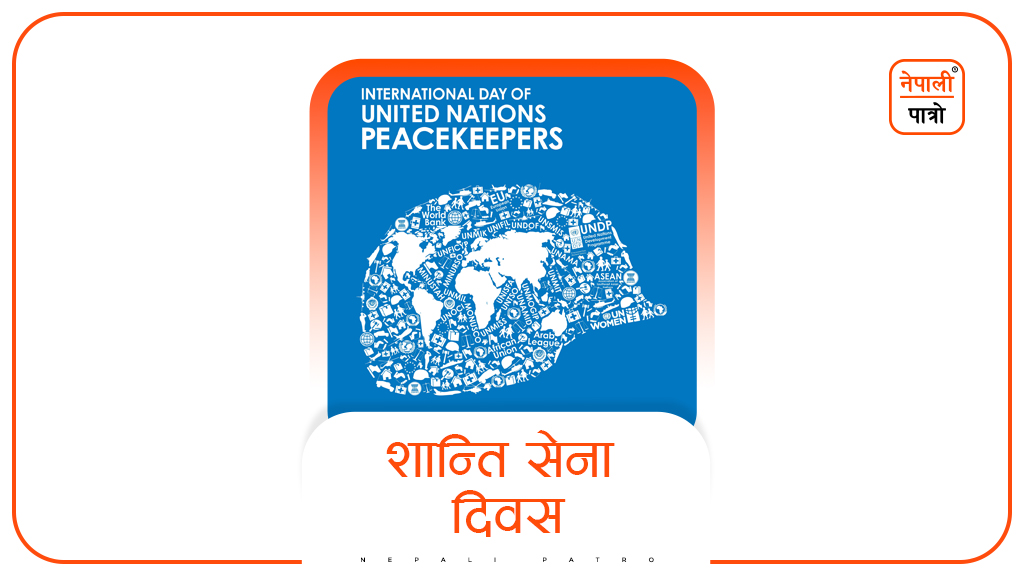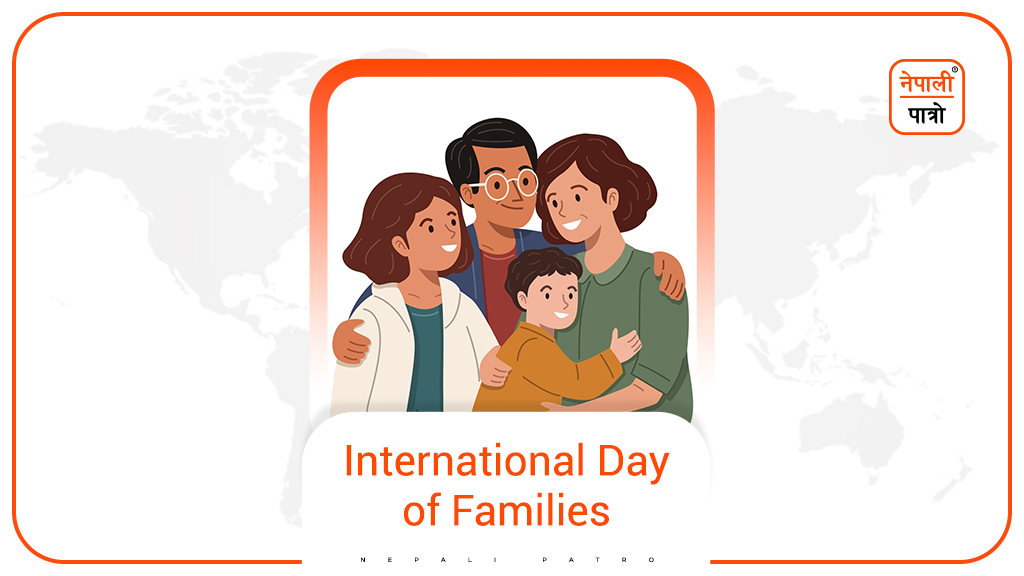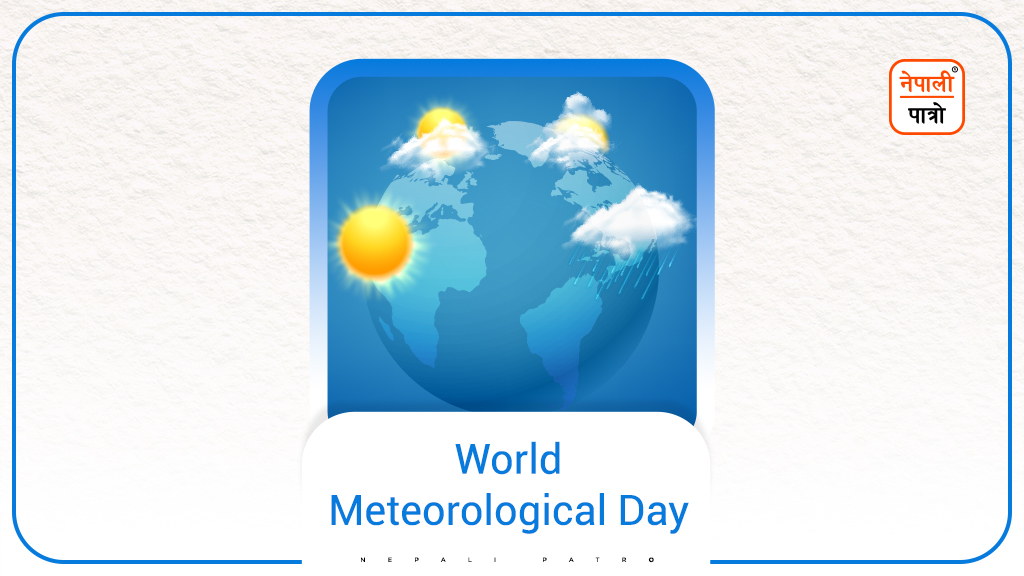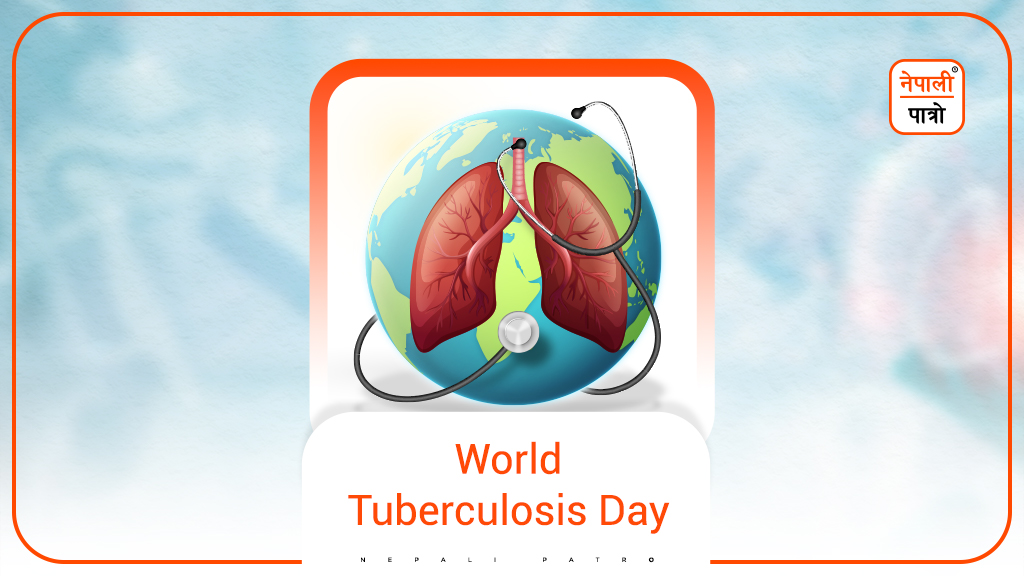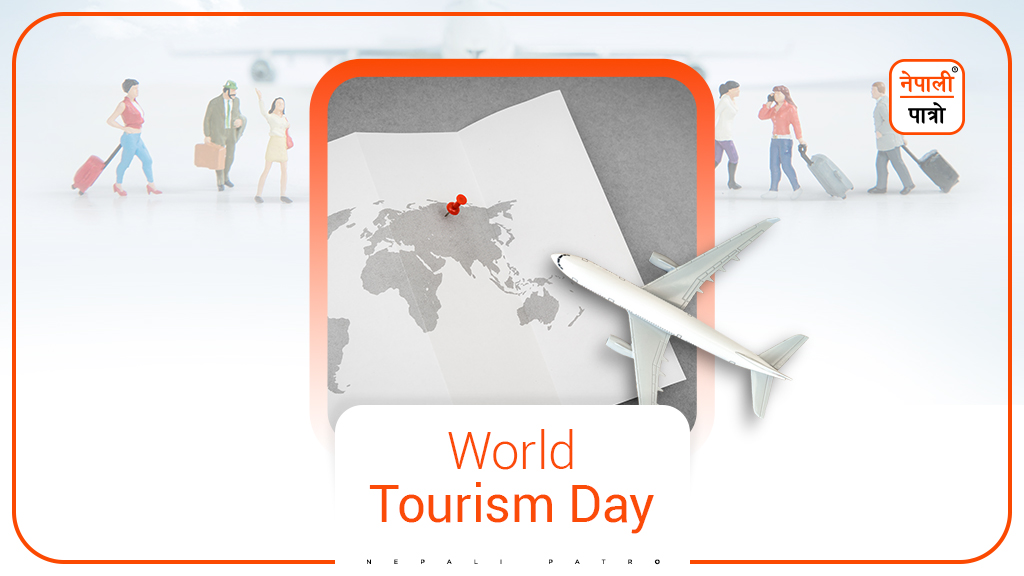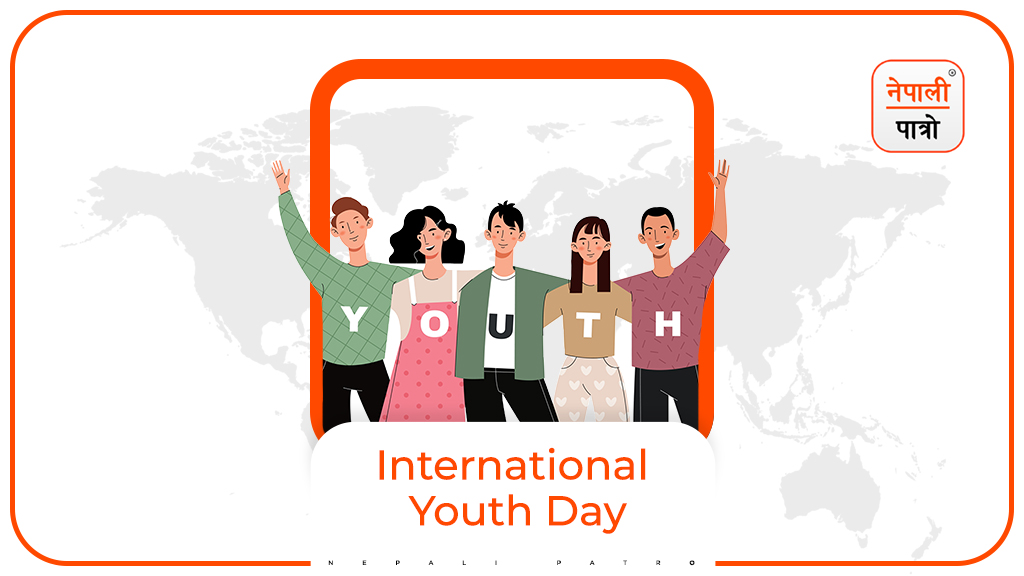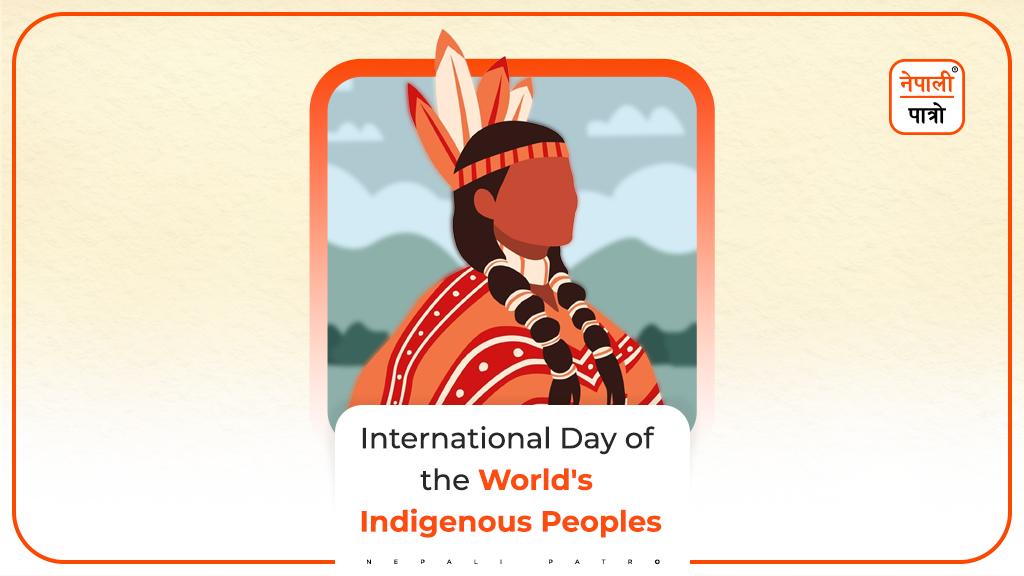
International Day of the World’s Indigenous People
The UN General Assembly proclaimed 1993 A.D as the International Year of the World’s Indigenous Peoples, and the same year, the Assembly also proclaimed the International Decade of the World’s Indigenous People, starting on 10 December 1994. On 23rd of December 1994 (2051 B.S), the United Nations General Assembly decided that the World’s Indigenous Peoples Day shall be observed on the 9th of August every year Internationally. This date marks the day of the first meeting, in 1982 i.e. 2039 B.S, of the UN Working Group on Indigenous Populations. The goal of the First International Decade was to strengthen international cooperation for solving all kinds of problems faced by indigenous people in different areas as human rights, environment, development, education, and health
About Indigenous Peoples of Nepal
Indigenous Peoples of Nepal are officially described as Indigenous Nationalities also. 35.81 percent of the country’s total population in the country are Indigenous People living from east to west, north to south in different places of Nepal in 2011. But, some organizations working for Indigenous People also claim that the population could be much higher than the published statistics. In Spite of comprising such a significant segment of the population, throughout history Indigenous peoples have been marginalized in different terms like language, politics, culture, and in other opportunities as well.
According to the national census of 2011, Nepal has 126 castes and ethnic groups speaking as many as 123 languages or more. Not to forget about 90 percent of the languages spoken in the country are spoken by the Indigenous Peoples. Indigenous Peoples in Nepal have their own distinct cultures, languages, and belief systems living across the country in the mountains, the hills, and the plains of Terai. In a total of 75 districts of the country in 27 districts, Indigenous people have the majority as well. Mostly Indigenous People live in remote plus rural areas and make up their living out of sustenance farming on the available land.
While speaking about the Indigenous people, some common heard Indigenous tribal names are Tharu, Jhangad, Dhanuk, Rajbanshi, Gangai, Santhal, Satar, Dhimal, Tajpuria, Meche, Koche, Kisan, Mund, Kusbadia, Chepang, etc. But, one cannot end the list with just these names because apart from these, there are still a large number of Indigenous tribes living in different places of Nepal.
There is no denying that Nepal is a rich country in terms of culture, language, religion, biodiversity, and socio-cultural diversity. Among so many Indigenous People existing in Nepal, as many as 59 indigenous communities have been officially and legally recognized by the Nepal government through the National Foundation for Development of Indigenous Nationalities (NFDIN) in the year 2002 i.e. 2059.
The International Day of the World’s Indigenous People is celebrated on August 9th of each year to recognize the first UN Working Group on Indigenous Populations meeting held in Geneva in 1982 (2039 B.S). On December 23, 1994 (2051 B.S), the UN General Assembly decided to observe the International Day of the World’s Indigenous People on August 9 annually during the International Decade of the World’s Indigenous People.
In 2004 (2061) the assembly proclaimed the Second International Decade of the World’s Indigenous People (2005-2014), which also decided to continue observing the International Day of Indigenous People annually during the second decade. The decade’s goal was to further strengthen the international cooperation for solving problems faced by indigenous peoples in areas such as culture, education, health, human rights, the environment, and socio and economical development.
Observing World’s Indigenous Peoples Day
In April 2000 (2057), the Commission on Human Rights adopted a resolution to establish the UN Permanent Forum on Indigenous Issues that was endorsed by the Economic and Social Council. The forum’s mandate is to discuss indigenous issues related to culture, economic and social development, education, the environment, health, and human rights.
The Indigenous communities have been experiencing poor access to healthcare, thus, they are vulnerable to different diseases, they lack easy access to essential services, sanitation, and other preventive measures to ward off diseases, such as clean water, soap, disinfectant, etc. Likewise, the lack of medical facilities in local areas where normally Indigenous people are settled is one of the most dreadful situations in Nepal due to rough terrain, lack of accessible roads leading to places, villages where these people are living is another factor which needs special attention soon. Among many factors seen and experienced, local medical facilities are often under-equipped and under-staffed which is not sufficient for some basic health service in a necessary situation. Even when indigenous peoples can access healthcare services, they can face language discrimination as they speak their mother tongue, which might not be understood by the health care worker.
Indigenous peoples’ traditional lifestyles are a source of their flexibility, which can also pose a threat at times when there is some kind of contagious diseases. For example, most of these communities have regular large traditional gatherings to mark special events as harvests, coming of age ceremonies, etc. Whereas, indigenous communities also live in multi-generational housing, which puts the Indigenous peoples and their families, under the risk of contagious diseases.
Indigenous peoples face food insecurity as a result of the loss of their traditional lands and territories or even climate change effects. Indigenous peoples are affected by climate change impacts because they rely on fragile ecosystems for their livelihoods, and they also hold many of the solutions to the climate crisis. Examples can be, they use traditional indigenous knowledge of the environment and weather patterns passed down from one generation to another, and are very crucial for monitoring and mitigating climate change impacts. Indigenous peoples also have knowledge of diverse local crop varieties that can help increase adaptability and durability in the agricultural sector for a long time.
Thus, In order to raise awareness of the basic needs and necessities of indigenous peoples, every year August 9 commemorates the International Day of the World’s Indigenous Peoples. Especially now, by observing this day we can observe their traditional knowledge, voices, and wisdom of indigenous peoples and use them as well.
In the End
Now, after the political change of the country, there are different organizations working for the welfare of the Indigenous People. Various autonomous representative umbrella organizations recognized by the government of Nepal with the key objective of fighting for Indigenous Peoples’ rights and identity. Thus with an aim to contribute to building an equal, equitable, and democratic society for the Indigenous People they are working for them. Whateveatters their name, but, what matters is what they are really doing for the name of the organization or whichever they are, it does not matter at all. What does matters is the work that these organizations do for the betterment of the lives of the indigenous people. Rallies around Ratnapark or speech on Tudikhel do not serve for the cause as long as the action is done and there is a need for true commitment for the betterment of indigenous people and their rights. Until and unless the state, as well as organizations working for Indigenous People, do not perform their job with full honesty and for the development and rights of Indigenous People observing this day will be futile.
